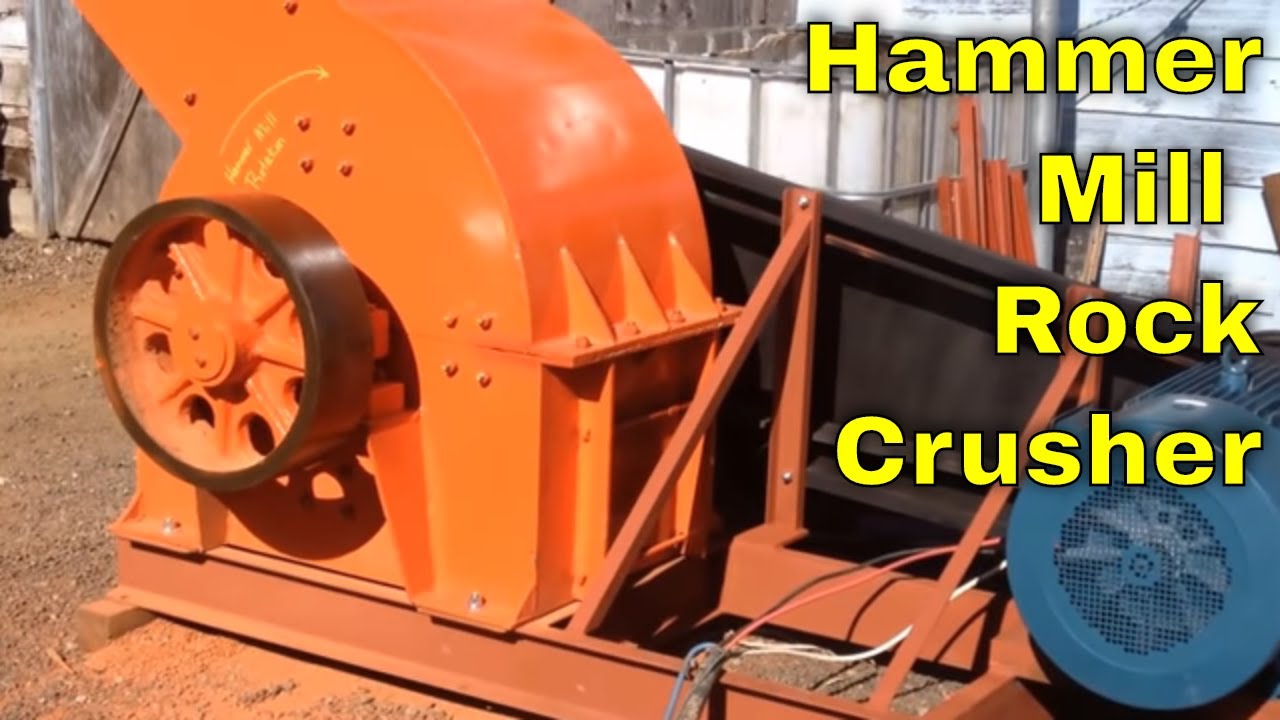Crusher machines work hard on a daily basis. They crush rocks and grind wood, and require materials that are tough and would wear out the more feeble equipment quickly. The actual power of a crusher comes from the teeth, especially if made from carbide. These little but powerful parts receive the biggest pressure and impact during the crushing process. Even though carbide mulcher teeth are known for their great strength and long life, eventually they wear out. When that occurs, machine performance drops. Recognizing signs of premature wear helps prevent bigger issues like failure, energy waste, or costly downtime. There are five very obvious warning signs that a crusher is due for replacement of its carbide mulcher teeth. To check out more, go there and check out the website.
Drop in Crushing Efficiency
A sudden performance decline indicates crusher teeth are worn out, causing delays or uneven crushing. It may begin to leave bigger pieces instead of neat shavings of rock or wood. Dull or damaged teeth can't cut or grind effectively. Their edges become dull, making the machine work harder, wasting time and fuel. Replacing worn carbide teeth usually restores efficiency.
Increased Vibration and Noisy
A healthy crusher has a consistent pace and has very little vibration. However, when carbide teeth are worn or broken, the balance of the rotating elements is changed. This produces high vibrations and strange noises during operation. Sometimes, the machine rattles more, causing discomfort and potential damage to other parts due to wear and tear. Bearings, rotors, and shafts can loosen or crack under uneven stress. A louder or rougher crusher often indicates worn teeth. Replacing them will help balance and smooth operations.
Increased Fuel or Power Demand
Another warning sign occurs if the crusher begins to take more energy than it used to. A sharp carbide tip is effective and requires lower force to crush the hard objects. Once worn out, the crusher needs more power, increasing fuel and electricity costs. Replacing worn teeth restores efficiency, saves energy, and cuts costs, resulting in long-term savings.
Uneven Wear or Broken Teeth
A visual inspection is often a good way of telling when replacement is needed. Worn and broken teeth are sure indicators of trouble. Some of them might be shorter or duller in comparison to others, and some might be chipped or completely absent. This uneven wear can result in the application of uneven force of the crusher, which will additionally increase the load on some parts of the machine. Over time, it can cause the operation to become unbalanced, the output to be slower or even cause mechanical failure. Carbide mulcher teeth are designed to endure, but uneven wear hampers their crushing ability. When changing all teeth once, ensure smooth operation and protect the crusher from future damage.
Regular Maintenance or Unplanned Downtime
Worn carbide teeth are one of the reasons that may cause a crusher to start breaking down more frequently. Poor or chipped teeth will cause additional stress on other parts of the machine. Motors, belts and rotors have to work harder to make up for this, which results in overheating and premature wear. Frequent maintenance or several shutdowns are an indication that the crusher is having a hard time doing its job. Rather than continuing to fix the same problems time and time again, replacing the teeth can fix the problem at the source. New carbide teeth restore the normal working condition of the crusher and reduce the need for constant attention to keep the production going steady and reliably.
Why Carbide Mulcher Teeth Matter
Carbide mulcher teeth are very important to the performance of a crusher. Carbide tungsten and high-quality steel teeth are manufactured to withstand extreme conditions. Tungsten carbide is significantly harder than ordinary steel, with the ability to resist wear, heat and impact better than most metals. Because of the properties, carbide teeth will last several times longer than standard teeth. However, like all wear parts, they come to the end of their service life. Regular inspections allow for the detection of problems in time, before they impact the productivity or cause mechanical damage. Replacing the teeth on time also helps maintain the same crushing pressure and reduce the vibration. This not only helps to improve the performance but also gives a longer life to other components of the machine.
Conclusion
The strength of a crusher is only as good as its teeth. Worn carbide mulcher teeth affect the entire machine. Slower crushing, louder noise, increased energy use, and frequent maintenance indicate teeth need upkeep. Detecting these early allows planning for replacements before issues worsen. Renewing carbide teeth restores the crusher to its original, smooth, and consistent state. In the end, all of a sudden, replacement doesn't just safeguard the machine, it conserves time, energy and cash to make sure the crusher will continue to do its job for years to come.

